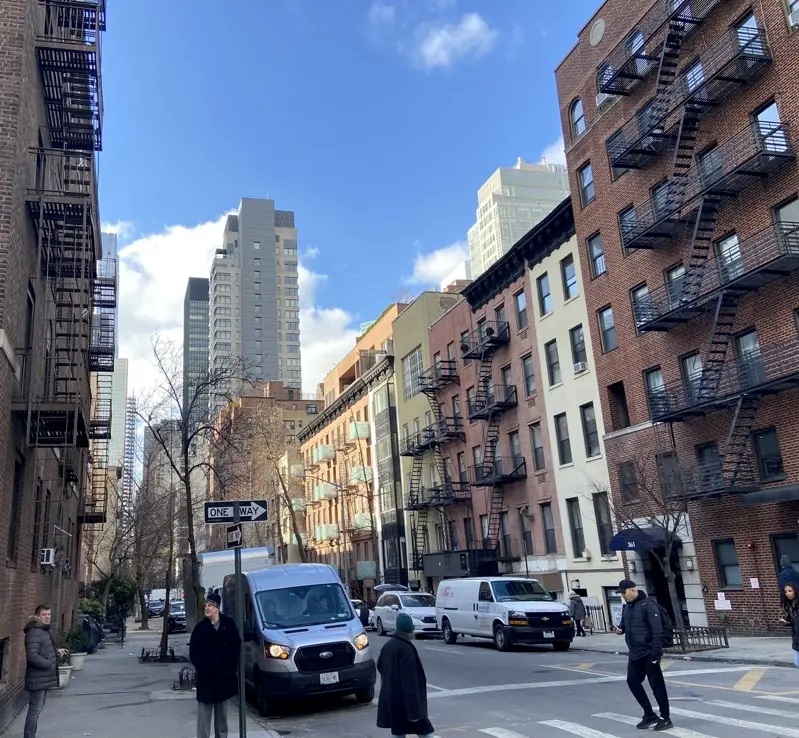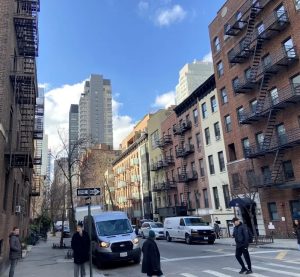Poll: More than 70% of New Yorkers are oppressed by food and housing costs

The survey results released by Siena College, a New York polling organization, show that the Index of Consumer Sentiment of New York consumers in the second quarter of this year increased compared with the first quarter, and was much higher than the overall index in the United States, but it was still in the pessimistic range. Among them, more than 70% of the respondents believed that food prices and housing costs had a serious impact on their financial situation.
Data shows that the overall consumer confidence index of New York State residents in the second quarter of 2025 was 71.9, of which the index of the New York metropolitan area reached 76.8, much higher than the upstate area. According to the academic standards released by the University of Michigan, the most authoritative in the industry, the consumer confidence index depends on the average resident’s perception of the current and future economic situation and expected changes. 100 is the dividing line between optimism and pessimism, and a value below 100 means that consumers are pessimistic about the economy. However, although New York’s consumer confidence is not optimistic, its index is still much higher than the national average of 60.7.
According to the survey results, 77% of New York State residents believe that food prices have had more or less impact on their family finances, with the highest rate among those with an annual income of less than 50,000 yuan, reaching 85%. Even for middle- and high-income families with an income of more than 100,000 yuan, 71% believe that there is pressure to buy food. The second item on the economic pressure list is housing costs, with 72% of respondents believing that housing is a burden on their family finances; and the third item is also closely related to housing. Water and electricity facilities, 66% of New Yorkers find it difficult to bear this pressure.
Pessimism about economic expectations is reflected in the generally low purchasing desire of New York consumers for large-ticket items. Among them, the second quarter car purchase desire index plummeted to the lowest level since 2020; the desire for home upgrade consumption also dropped significantly compared with the previous quarter. Travis Brodbeck, deputy director of data management at the Siena College Poll Center, believes that since there are still variables in the macro economy, consumers will take a wait-and-see attitude before making large purchases. However, as the Trump administration’s trade and economic policies have gradually stabilized, consumer purchasing behavior has gradually returned to normal. For example, New York respondents’ desire for consumer electronics and housing has significantly rebounded in the second quarter.








